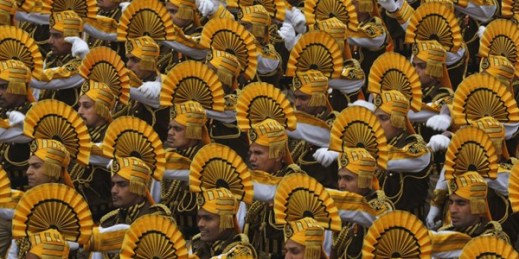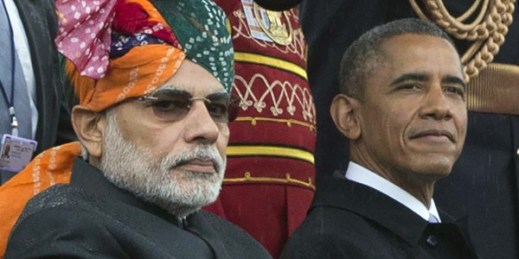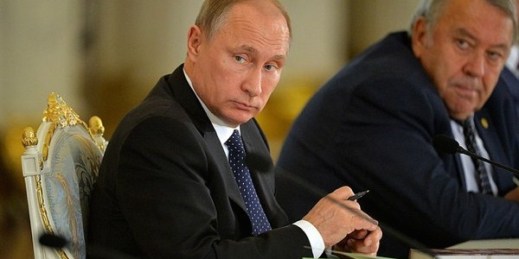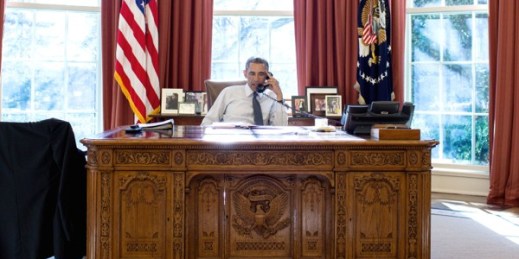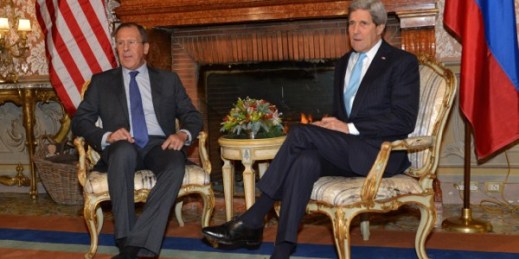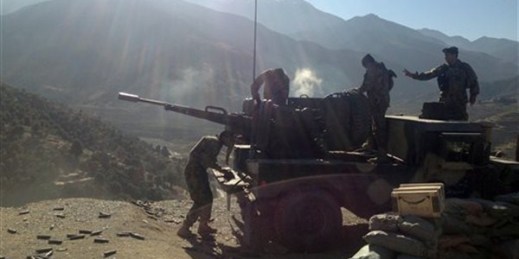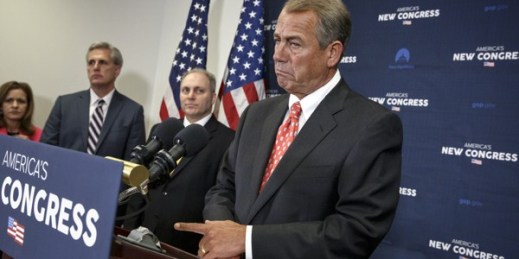
Some members of the United States Congress are working hard to short-circuit President Barack Obama’s negotiations with Iran over its nuclear program. Many legislators, particularly Republicans, have opposed the talks from the beginning—with some advocating a military attack on Iran and others apparently believing that sanctions will compel Tehran to give up its nuclear aspirations. With the great Republican gains in the 2014 midterm elections, this group expanded and moved beyond simply critiquing Obama’s policy. Congressional opponents of a deal with Iran are attempting to pass a new slate of sanctions deliberately designed to torpedo the negotiation process. In a […]

